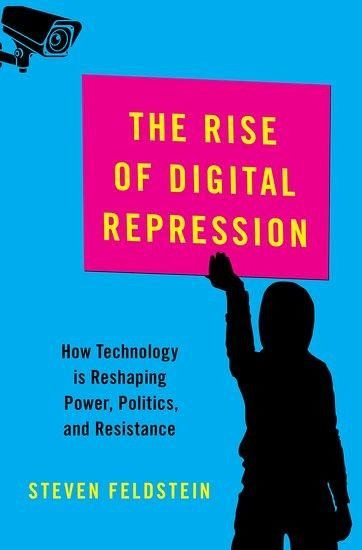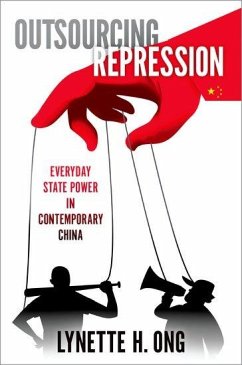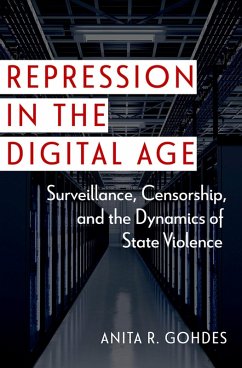
Rise of Digital Repression
How Technology Is Reshaping Power, Politics, and Resistance
Versandkostenfrei!
Versandfertig in 2-4 Wochen
40,99 €
inkl. MwSt.
Weitere Ausgaben:

PAYBACK Punkte
20 °P sammeln!
Advances in artificial intelligence, mass surveillance, disinformation, facial recognition, and censorship are transforming how authoritarian leaders advance their repressive agendas. This is leading to a fundamental reshaping of the relationship between citizen and state. In The Rise of Digital Repression, Steven Feldstein presents new field research from Thailand, the Philippines, and Ethiopia to hightlight how governments pursue digital strategies of repression based on a range of factors: ongoing levels of repression, leadership, state capacity, and technological development. As many of th...
Advances in artificial intelligence, mass surveillance, disinformation, facial recognition, and censorship are transforming how authoritarian leaders advance their repressive agendas. This is leading to a fundamental reshaping of the relationship between citizen and state. In The Rise of Digital Repression, Steven Feldstein presents new field research from Thailand, the Philippines, and Ethiopia to hightlight how governments pursue digital strategies of repression based on a range of factors: ongoing levels of repression, leadership, state capacity, and technological development. As many of these trends are going global, Felstein argues that this has major implications for democracies and civil society activists around the world.













